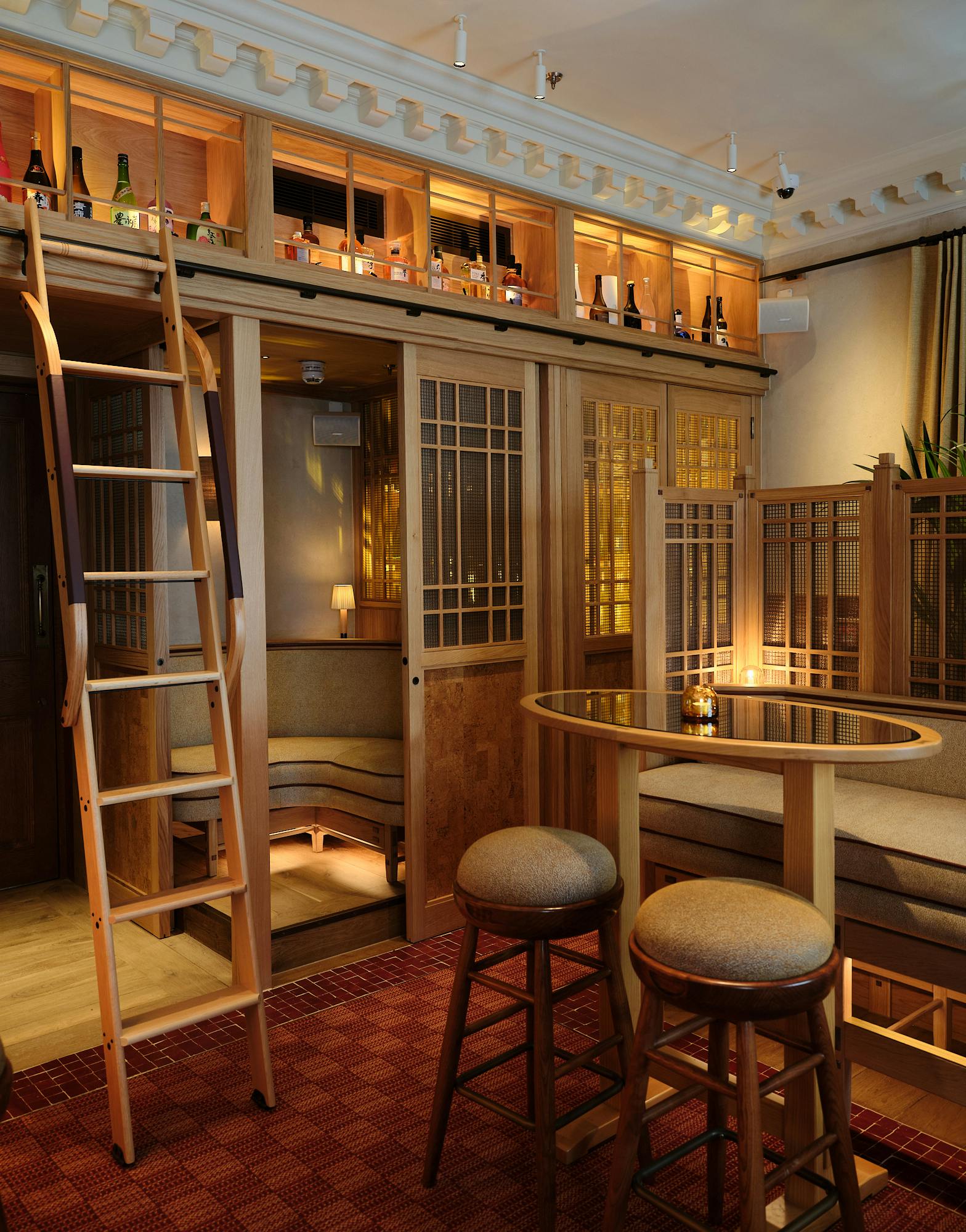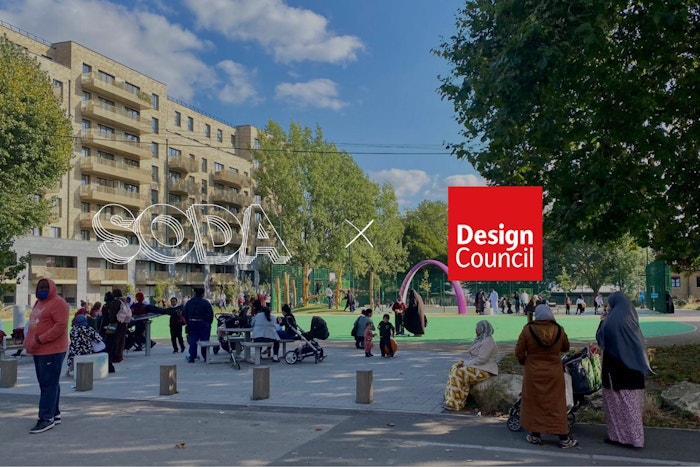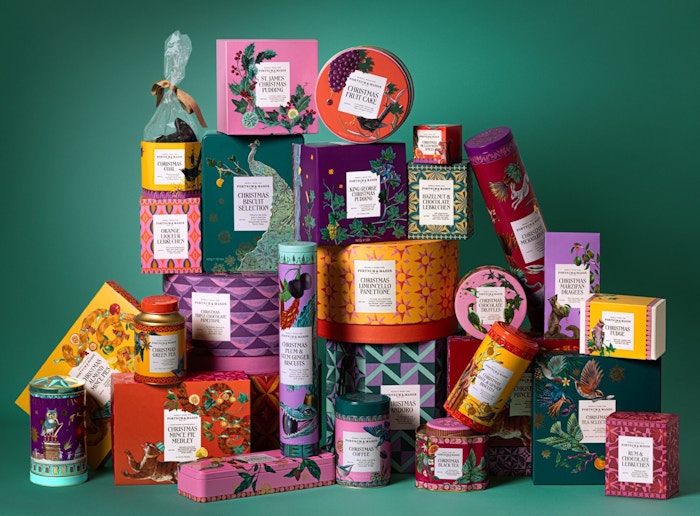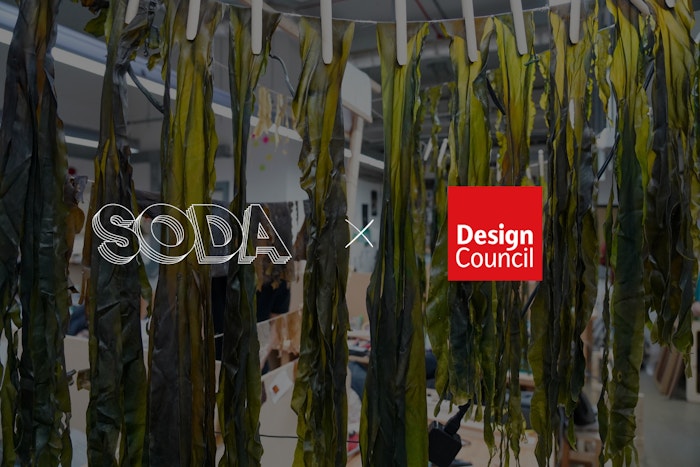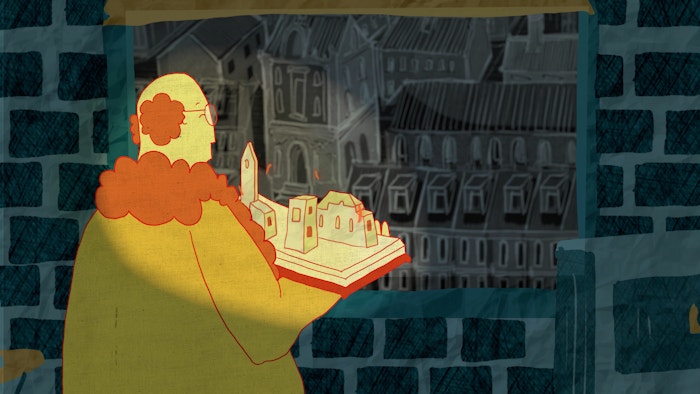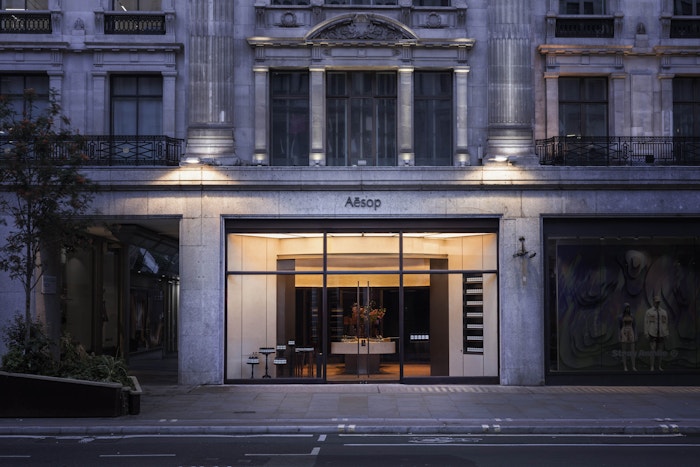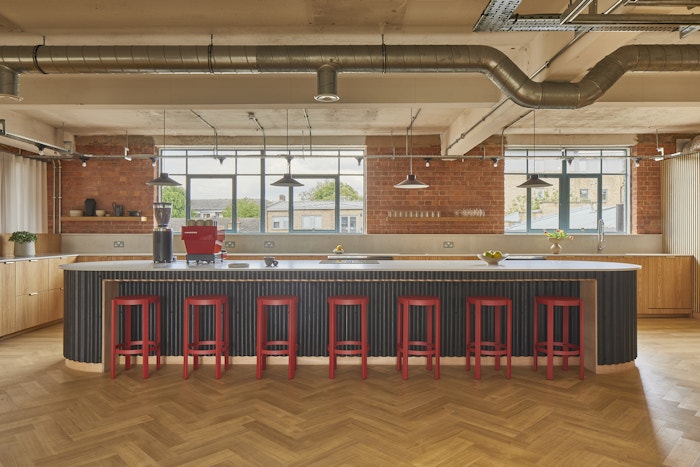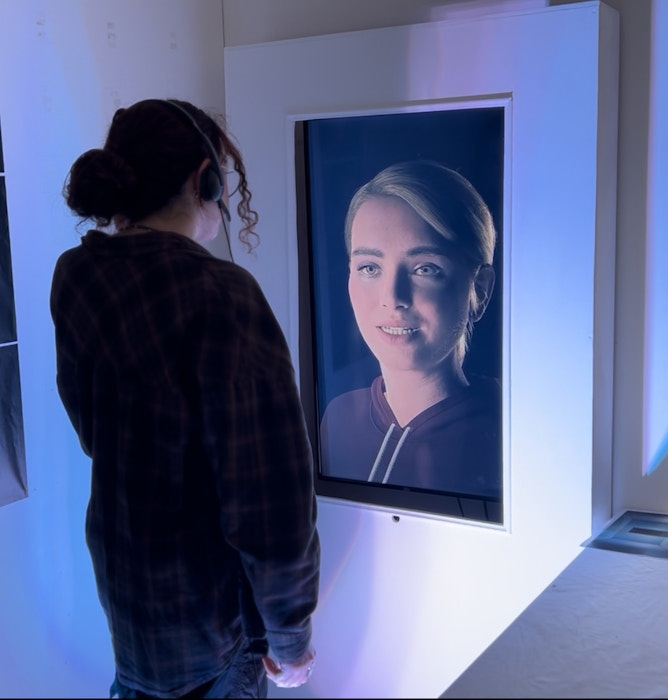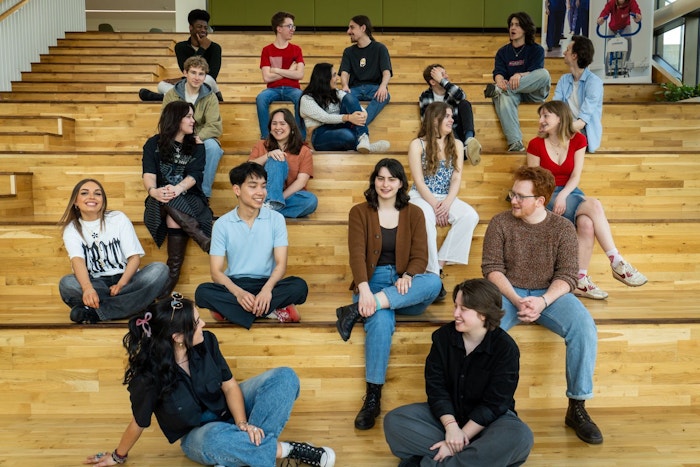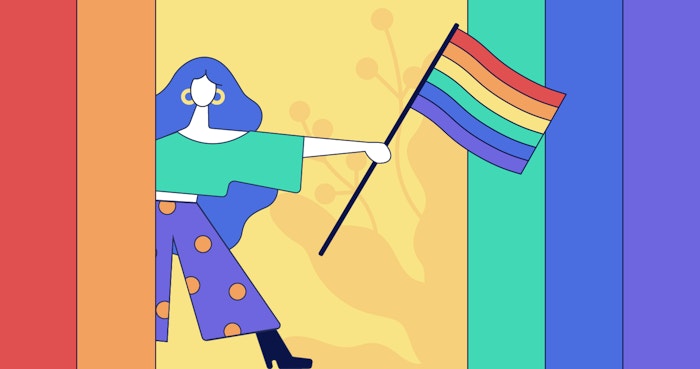
Words by SODA team
09 Jun 2025
The Anthropology of Opportunity
A Conversation with Dr. Rodney Collins, PhD, Socio-Cultural Anthropologist, on the Creative Power of Culture, Identity, and Belonging

Credit: Department of Culture and Tourism, Abu Dhabi, Culture Summit
Speaking on a panel titled “Culture Wars: Who Defines Culture Now?” at the 7th Annual Culture Summit in Abu Dhabi. 29th April 2025.
It begins with a suitcase and $600.
At 18, Rodney Collins was told by his father he had three days to leave home. He was outed in a way that left no room for negotiation. So, he packed a few things and left Colorado for New York City.
"I had nowhere really to go," he says now, without drama. "But I knew I wanted something different, something fuller."
That early rupture became a through-line in a life that has never quite stopped moving. Across continents, disciplines, and identities, Rodney has built a life rooted in curiosity and connection - equal parts anthropologist, creative, and cultural interpreter.
He remembers those first nights vividly: the sound of the subway outside a borrowed floor space in Manhattan, the cold air biting through the spring, and the promise to himself that he wouldn’t go back.
Tracing Roots Through The Early Years
New York became his proving ground. After a stint on a friend's floor, he began taking classes at NYU, eventually landing at the Gallatin School for Individualized Study. "Gallatin was like a little village. You could build your own degree, which is how I ended up creating a focus on Arabic cultural studies."
His studies - Islamic art, Arabic language, architecture - were more than academic. They were personal. "My mother’s mother’s family was from Lebanon," he explains. "I was retracing that lineage. It was about identity as much as education."
That curiosity took him to Cairo, chasing the idea of medical asylum and the politics of care. There, he took a position as an International Relations Officer at a Coptic development organisation (https://ceoss-eg.org). He recalls the dusty heat of the office, the laughter of his colleagues, and the sharp contrast between bureaucratic systems and the urgent humanity they tried to serve. After that he enlisted in the Peace Corps, with a posting in northern Cameroon. He taught in a provincial high school, started learning Fulfulde, and immersed himself in everyday life.
"It was anthropology in motion," he says. "Not the textbook kind. It was messy. It was about who you are and how you learn what you don’t know."

Credit: Dr Rodney Collins
In N’gaoundére, Cameroun, as a Peace Corps Volunteer with a group of lycée students and a global map mural project.

Credit: Dr Rodney Collins
Taking a detour while on a journey in rural Egypt to the site of one of the broad spectrum of social services programs that CEOSS implements to improve the quality of life for nearly 3 million beneficiaries per year.
The Scholar's Path – and Its Limits
His next stop was Columbia University. "There was a display case in the anthropology department, full of Cameroonian artifacts. I took it as a sign." There, Rodney completed his PhD - nine years of rigorous study, research, and teaching, followed by stints at NYU and Georgetown.
His doctoral fieldwork focused on masculinity and the politics of everyday life in Tunisian coffee houses. "My final line described it as an 'anthropology of disillusionment'" he recalls. Months later, the Arab Spring erupted. "What I had observed was coming to life on the streets. It was thrilling, and sobering."
Yet something wasn’t right. Academia, with its silos, didn’t offer the kind of creative, immersive life he craved. "I didn’t want a professorship. I wanted to be an anthropologist in the world."
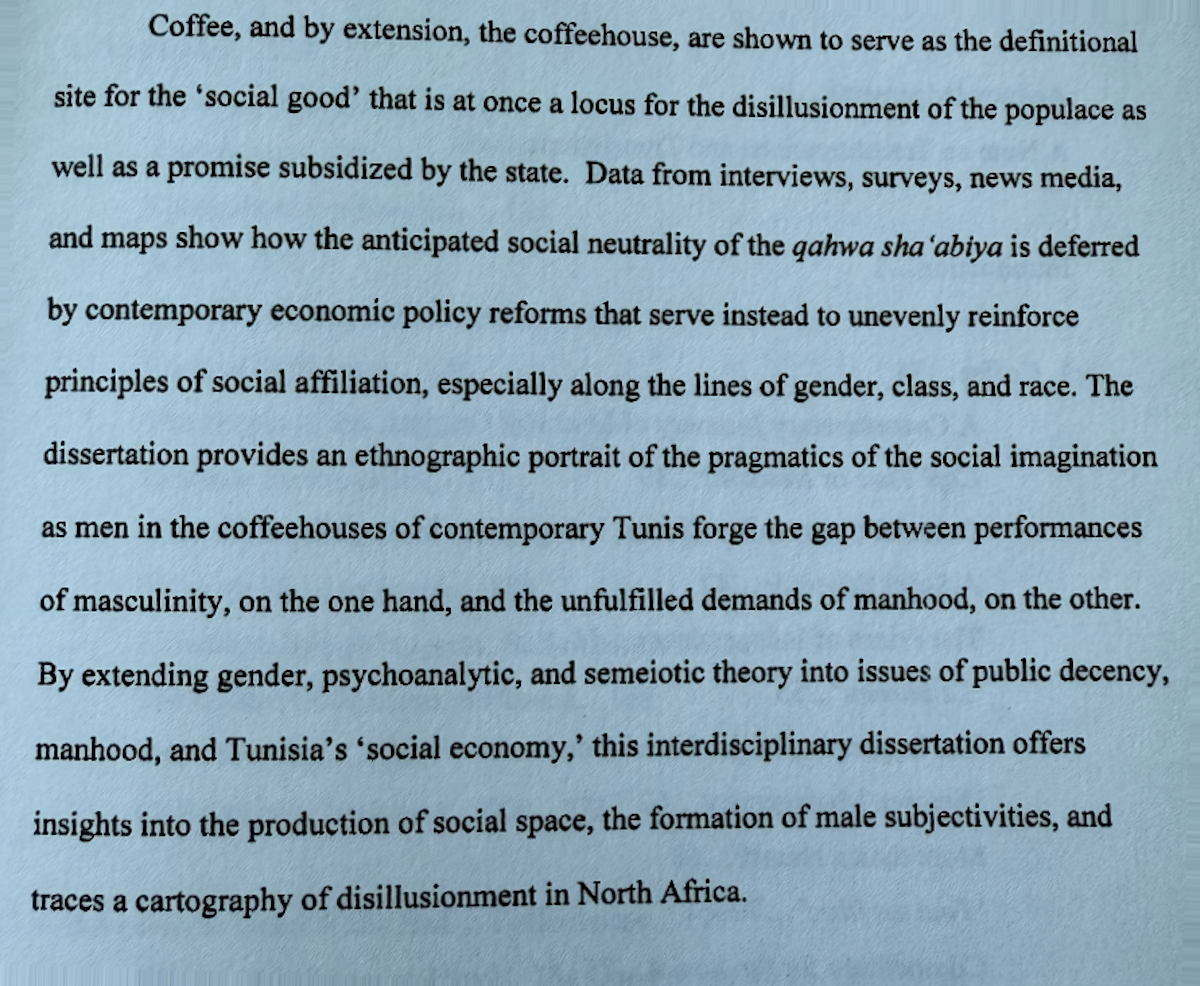
Credit: Dr Rodney Collins
This passage excerpted from Dr. Collins’ doctoral dissertation “From Coffee to Manhood: Grounds for Exchange in the Tunisian Coffeehouse” provided an early warning sign of widespread disillusionment in the nation, which months later lead to the revolutionary Arab Spring.
Finding Creative Ground
He pivoted, joining McCann just as it was launching Truth Central, the agency’s human insight hub. And over the years, he was promoted to its Global Head of Human Sciences.
Rodney laughs. "Suddenly I felt at home. Agencies let you try fresh things. There was permission to experiment. Think sideways."
In this role at McCann, he bridged ethnography, behavioural research, and strategy — helping clients from Saudi cultural institutions to household brands understand what truly drives people. He calls it "equipping decision-makers to navigate cultural chaos."
His anthropological lens remains central. "In a world obsessed with algorithms, we forget that context matters. Anthropology has always insisted on it."
One recent project, for example, involved mapping emotional ecosystems across Europe—trying to understand post-pandemic rituals of optimism. In another, he worked with a luxury brand trying to redefine beauty in markets where colonial legacies still shaped self-perception.
The Power of Mess
One of his ethnographic metaphors is the towel. You spill something while cooking. You wipe it. The floor becomes clean, the towel becomes dirty. You wash the towel, and now the sink water is dirty.
"It’s all just transferring mess," he says. "That’s life. That’s where joy lives."
This structuralist view of chaos and order bleeds into everything—from diversity research to digital well-being, to the semiotics of consumer choice. "Understanding why people care about what they care about? That’s everything."
Belonging, Beyoncé, and Summer
Rodney talks about a Beyoncé concert the way some talk about spiritual awakenings. "It hit me: creativity isn’t just art or expression. It’s power. Conviction. Influence."
He sees parallels in the rise of pop cultural movements led by women and queer voices—Chappell Roan, Charli XCX, Doechii, Sabrina Carpenter. "It’s not just entertainment. It’s shifting the centre. It’s where stories gather force."
Pop culture, for Rodney, is a mirror and a map. "It’s not trivial. It’s how a culture dreams. And right now, we’re dreaming in pink and sequins and vengeance ballads. It’s glorious."
Still Moving
Now a Londoner of 13 years, Rodney jokes that he’s a regular on his street WhatsApp group. "I just borrowed a Swiss roll tin from a neighbour," he shrugs. "That’s the joy of embedded life."
Even so, the desire to keep moving remains. "I still want to learn new languages, explore new cultural worlds. I just don’t want to pack all my belongings in a single suitcase this time."
He pauses, then adds: "That moment when I got kicked out of home, it broke something. But it also made me free."
He sits back, smiling. "And I think, in some way, I’ve been chasing meaning ever since. That’s the real work. That’s the magic."
- https://www.linkedin.com/in/rodneywjcollins/ - Dr Rodney Collins on LinkedIn
